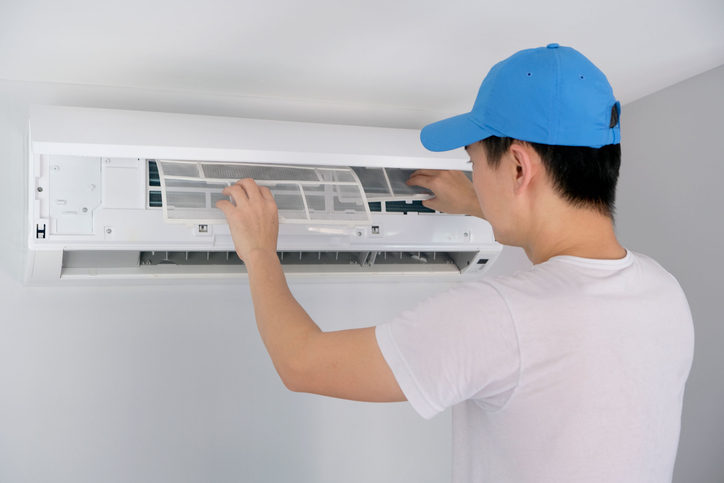
Top Signs Your HVAC System Is Wasting Energy
An efficiently functioning HVAC system is critical for winter in Arizona. It allows you to achieve and maintain a cozy environment. It would be best to recognize the signs that your unit is wasting energy, increasing costs, and raising your carbon footprint. The following is advice to help you spot energy inefficiencies in your HVAC system and tips on what to do about them.
Signs Your HVAC System Has Energy Inefficiencies
The common signs that an HVAC unit is wasting energy and requires maintenance include:
- Increased utility bills: An inefficient HVAC unit causes spikes in your heating costs (changes not explained by usage or weather conditions).
- High repair costs: Your HVAC system needs attention if the repair cost exceeds ½ or more of the price of a new unit.
- Uneven zones: An inefficient HVAC system will not distribute heat evenly throughout your space, resulting in hot or cold spots.
- Strange Sounds: An efficient HVAC system operates quietly. Clicking, popping, screeching, humming, rattling, whining, or groaning indicate a poorly functioning system that needs repair or replacement.
- Advanced age: A gas system may operate for 15 to 20 years, while an electric HVAC system lasts 15 to 30 years. As your HVAC unit ages, its efficiency diminishes. Check the age of your unit.
- A build-up of dust and soot near the grille or registers indicates that your HVAC system is producing too much CO2 and is operating inefficiently.
- A yellow flame and an unusual odour indicate gas leakage or inefficient combustion. An efficient HVAC has a blue flame.
What You Can Do About An Inefficient HVAC System
- Regularly change filters: A clogged filter (full of dust, pollen, debris, etc.) restricts airflow, making the system work harder, decreasing its lifespan, and consuming more energy. If your filter is 1 or 2 inches thick, replace it every one to three months. 3-inch and 4-inch filters need replacing every six to nine months. Filters that are five or more inches need replacement every nine to twelve months.
- Schedule annual maintenance: Regular maintenance increases the efficiency of an HVAC system by up to 40% while reducing repairs, preventing breakdowns, extending system life, and meeting warranty requirements. Have a trained technician do annual maintenance.
- Try a programmable thermostat: It maximizes efficiency while reducing heating costs. Program the thermostat to meet your household needs. There is no reason to keep the temperature elevated when everyone’s sleeping or when no one is home.
- Clean vents/registers: Blocked vents or registers limit heat dispersal. Make sure furniture/drapes are not obstructing the registers/vents.
- Clean and seal the ductwork: Clean ducts to remove dust mites, dirt, microbes, pollen, and insect droppings. Leaky ductwork may cause up to 30% heat loss. Seal all ducts with mastic sealant to prevent heat from escaping.
- Balance your humidity: Forty to sixty percent is ideal for cold weather. It ensures your space feels cozy and reduces asthma attacks, sinus infections, and allergies.
- Recognize the signs it’s time for a new furnace: Purchasing a more efficient HVAC system saves on heating costs and helps you maintain a comfortable environment. Check the age of your unit. Consider replacing your system if it is 15 years or older. A qualified HVAC technician can help.
How McMillin Air Can Help
Are you looking for an HVAC company to help improve your system’s efficiency? Do you need maintenance on your HVAC unit? Reach out to McMillian Air. We service and install heating, air conditioning, ventilation, indoor air quality, and humidity control systems. We carry Mitsubishi and American Standard products. Look to McMillian Air for competitive pricing and quality service.

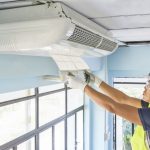
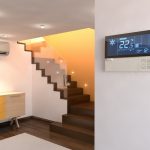
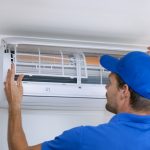
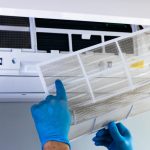
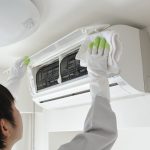


0 comments